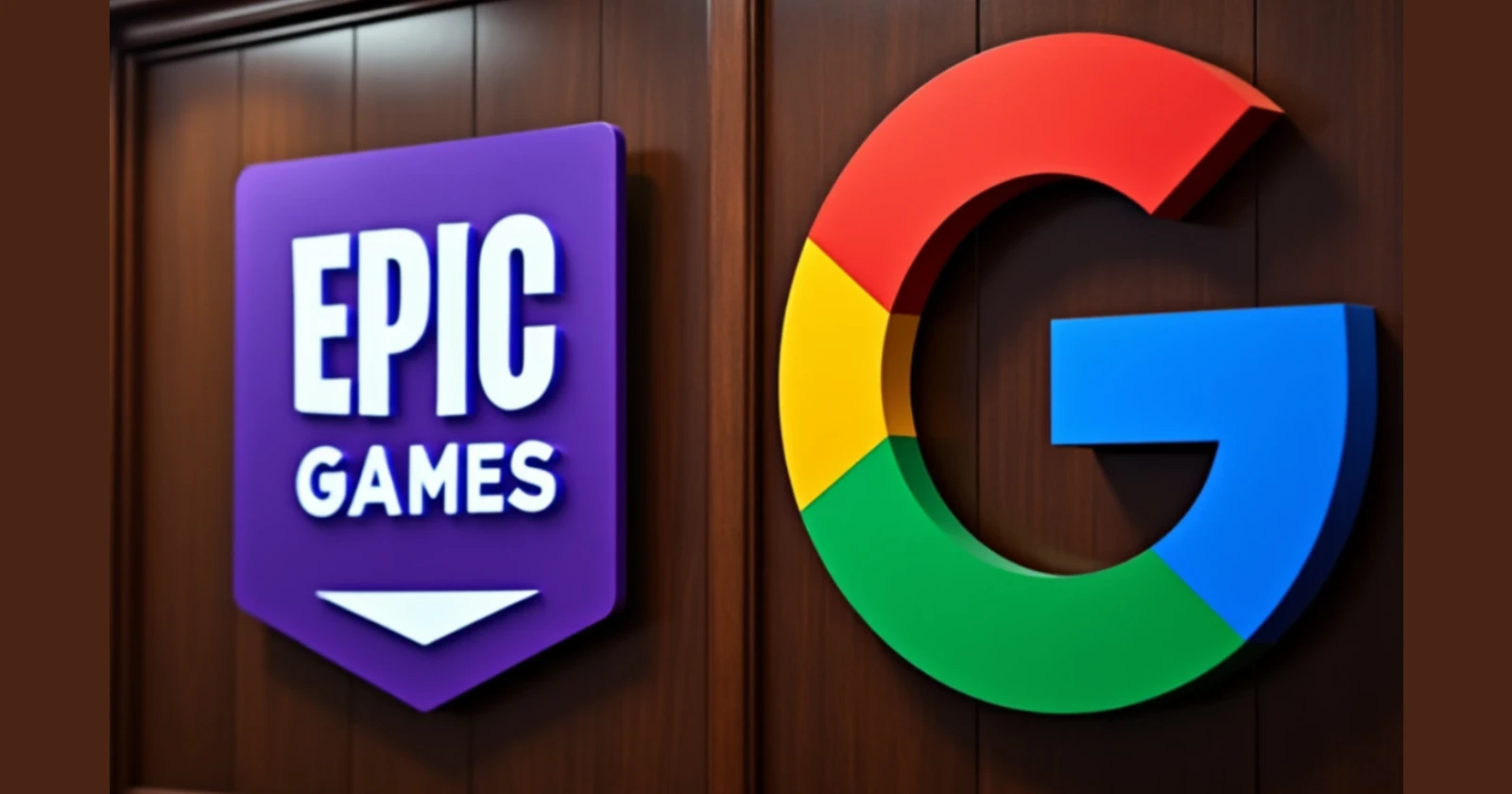Update 21/10/24 12:20 pm (IST): In what might be an upset for Epic Games, Judge James Donato has granted Google a stay on most of the court’s previous order, which would have required Google to make significant changes to its Android app store. This means that Google may be able to avoid implementing these changes for years, as it appeals the original verdict, as reported by The Verge.
However, the judge did not grant a stay on one specific part of the order, which could still have a significant impact on the Android ecosystem. This part of the order prohibits Google from making deals with carriers or device makers that block the preinstallation of rival app stores. This could open the door for more competition in the Android app market.
Original article published on October 8, 2024 follows:
Epic Games has achieved a major victory in its lengthy antitrust battle against Google. This victory resulted in a court ruling that could potentially change how apps are distributed on Android devices. On October 7, 2024, U.S. District Judge James Donato issued a permanent injunction, mandating that Google open its Play Store to competing app stores. This ruling marks a significant development in the case, which originated in 2020 when Epic Games accused Google of engaging in anti-competitive practices.
Under the new rules, Google has to let other app stores work on its platform, Google Play. This means developers can offer their apps on these other stores without having to pay Google the usual 15-30% fees for in-app purchases. Also, Google can’t pay phone makers or companies to favor its store over others or stop them from starting their own stores.
Starting in November, Google will also have to stop forcing developers to use its billing system, which could dramatically change how apps are monetized on Android. For the next three years, developers can offer their apps and services via alternative methods, effectively bypassing Google’s control over payments.
Epic Games CEO Tim Sweeney praised the ruling, highlighting the increased freedom for developers and users on the Android platform. He stated on X, “This means all app developers, store makers, carriers, and manufacturers have three years to build a vibrant and competitive Android ecosystem with such critical mass that Google can’t stop it.”
Google’s response
Google is not giving up. The company plans to appeal the decision, saying the changes could make the Android platform less secure. Google’s Vice President of Regulatory Affairs, Lee-Anne Mulholland, expressed concerns that the ruling would risk consumer privacy and security. She also highlighted the company’s stance that Android is an open platform, allowing users and developers to access apps through sideloading and third-party app stores.
Mulholland further stated that the decision fails to recognize the competition between Android and Apple’s iOS, pointing out that the two platforms dominate the global smartphone market. Google insists that its Play Store, which comes pre-installed on most Android devices, is just one of many ways users can access apps, and that allowing rival app stores will lead to unintended consequences.
What’s next for Epic?
This ruling is a big win for Epic Games, as they’ve been trying to break free from the control of Google and Apple’s app store monopolies. However, the war is not over yet. Epic won this case but lost against Apple previously. As mentioned above, Google also plans to appeal the ruling, arguing that it’s based on flawed assumptions about competition in the mobile ecosystem. Epic is also taking legal action against Samsung for allegedly blocking third-party app stores on its devices, showing its determination to challenge tech giants’ control over app distribution.
It remains to be seen if this ruling is the beginning of a pivotal turning point in the broader battle over app store dominance. Epic may have won this round, but the war is far from over. We’ll be following the developments and breaking down the major rulings in the case. So stay tuned to TechIssuesToday for more updates on Epic’s clash against Google.
Featured image credits: AI-generated using Grok
TechIssuesToday primarily focuses on publishing 'breaking' or 'exclusive' tech news. This means, we are usually the first news website on the whole Internet to highlight the topics we cover daily. So far, our stories have been picked up by many mainstream technology publications like The Verge, Macrumors, Forbes, etc. To know more, head here.


